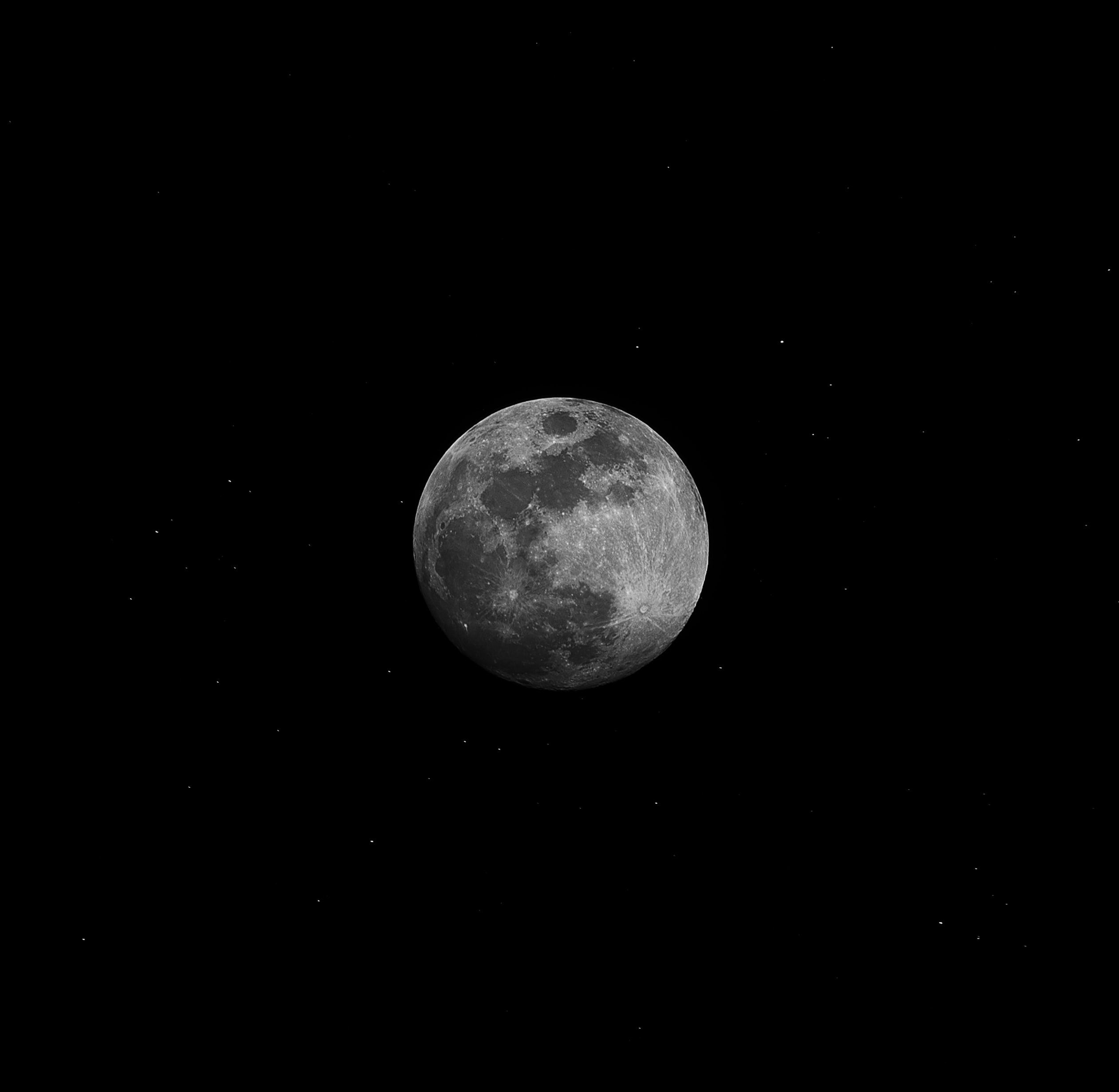How Does the Lunar Cycle Affect Humans?
From ancient times to the present day, humans have been fascinated by the moon. Its gentle glow and mysterious presence in the night sky have inspired myths, rituals, and countless works of art. But beyond its visual beauty, the moon also has a profound impact on our lives. In this blog post, we will explore the fascinating connection between the lunar cycle and humans, delving into how the moon affects our emotions, sleep patterns, and even our biology.
The Phases of the Moon
Before we delve into the effects of the lunar cycle on humans, let’s first understand the different phases of the moon. The moon undergoes a continuous cycle of changing appearances, mainly due to the varying amounts of sunlight reflected by its surface. This cycle is divided into eight distinct phases:
| Phase | Description |
|---|---|
| New Moon | The moon is not visible from Earth as it lies between the Earth and the Sun. |
| Waxing Crescent | A small portion of the moon is visible, resembling a crescent shape. |
| First Quarter | Half of the moon is visible, resembling a half-moon shape. |
| Waxing Gibbous | An almost fully visible moon, with only a small portion in shadow. |
| Full Moon | The entire moon is visible, illuminating the night sky. |
| Waning Gibbous | The moon starts to decrease in size, with an increasing shadow taking over. |
| Last Quarter | Half of the moon is visible, resembling another half-moon shape, but in reverse. |
| Waning Crescent | A small portion of the moon is visible, resembling another crescent shape, but in reverse. |
The Impact on Emotions and Mood
One of the most intriguing aspects of the lunar cycle is its influence on human emotions and mood. While scientific research on this topic is still ongoing, many studies have suggested a connection between lunar phases and changes in emotional states. Some individuals claim to experience heightened emotions and increased sensitivity during the full moon, leading to the popular notion of “lunacy.”
A study published in the Journal of Affective Disorders examined the relationship between lunar phases and psychological symptoms in a group of psychiatric patients. The researchers found a significant increase in symptoms such as anxiety, mood disorders, and insomnia during the full moon phase. However, it’s important to note that these findings are correlative and don’t necessarily indicate a causal relationship.
Another study conducted in Switzerland focused on the effects of the lunar cycle on sleep quality. The researchers discovered that participants experienced reduced sleep quality, increased time to fall asleep, and decreased deep sleep during the full moon phase. This disrupted sleep pattern could potentially contribute to mood disturbances and emotional changes.
The Moon’s Influence on Sleep
Our sleep patterns are deeply intertwined with the lunar cycle. The moon’s gravitational pull has a subtle effect on Earth, causing the tides to rise and fall. Just as it affects the oceans, the moon’s gravitational force might also influence the human body’s internal clock, known as the circadian rhythm.
A study published in the journal Current Biology found that participants’ sleep patterns were significantly altered during the three to five days leading up to a full moon. On average, participants took five minutes longer to fall asleep and experienced a decrease in total sleep duration by approximately 20 minutes. The researchers speculated that the moon’s influence on sleep might be an evolutionary adaptation, enhancing the ability to react to potential threats during the night.
While the exact mechanisms by which the moon affects sleep are still not fully understood, it is clear that the lunar cycle exerts a tangible influence on our restorative slumber.
Biological Rhythms and Lunar Synchrony
Beyond emotions and sleep, the lunar cycle’s impact also extends to the very fabric of our biology. Our bodies are not only governed by the 24-hour sleep-wake cycle but also influenced by numerous internal clocks that operate on different rhythms.
Interestingly, several studies have discovered connections between biological rhythms and the lunar cycle. For example, a study published in the Journal of Clinical Endocrinology & Metabolism revealed a correlation between the lunar cycle and menstrual cycles in women. The data showed that the length of the lunar cycle matched individual menstrual cycle lengths in some women, suggesting a potential synchronization between the two.
Furthermore, research conducted on animals such as coral, fish, and insects has revealed that their reproductive and mating behaviors align with the lunar cycle. These findings indicate that lunar synchrony might play a role in the synchronization of biological functions across different species.
The Lunar Cycle and Human Behavior
While the connection between the lunar cycle and human behavior is still a topic of scientific debate, there are various anecdotal and cultural beliefs that suggest a link between the two.
For centuries, the full moon has been associated with various human activities, including criminal behavior and an increase in emergency room visits. The term “lunatic” itself is derived from the Latin word “lunaticus,” meaning “moonstruck” or “moon-sick.”
Although modern studies have failed to consistently support these claims, the belief in the moon’s influence on behavior persists. Some theories propose that the lunar cycle’s effect on sleep, emotions, and biology might indirectly contribute to changes in human behavior during specific lunar phases.
Conclusion
The moon, with its enigmatic presence in the night sky, continues to captivate and intrigue us. While scientific research on the topic is ongoing, numerous studies suggest a connection between the lunar cycle and various aspects of human life, including emotions, sleep patterns, and biological rhythms. Whether or not the moon’s influence holds scientific validity, its impact on our collective imagination and cultural beliefs remains undeniable. So the next time you gaze up at the moon, remember that it may be quietly shaping the world within you.
Table of Contents
